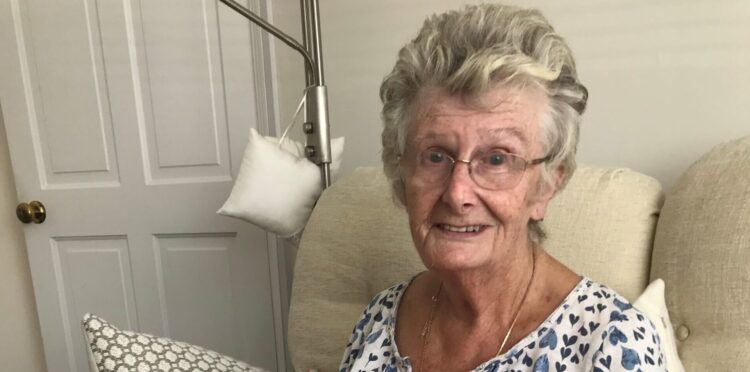Call us now 01926 402 498
Our History
Learn about the history of Safeline, starting with its founding in 1994.
 https://safeline.org.uk/wp-content/uploads/2024/12/Untitled-design-8.png
https://safeline.org.uk/wp-content/uploads/2024/12/Untitled-design-8.png
National Male Survivor
Helpline
0808 800 5005
Safeline was founded in 1994 by Diane (Di) Shoreman, a social worker from Warwickshire.
Di supported people with mental health issues and discovered many of her clients had been sexually abused as children. She recognised there was a lack of specialist support and she quit her job to do something about it.
She brought together a group of survivors to share their experiences, part of their healing, involved writing poems and with the aid of a grant, she managed to publish a book of their poetry called ‘The Silent Scream’. The profits from the sale helped establish Safeline.
Initially providing a restricted helpline, Safeline is now one of the largest specialist support agencies in England and Wales.
Di Shoreman’s passion and values continues to influence everything Safeline does today; we remain led by the needs of our clients, we are inclusive, independent, professional and our services are free and long term.


